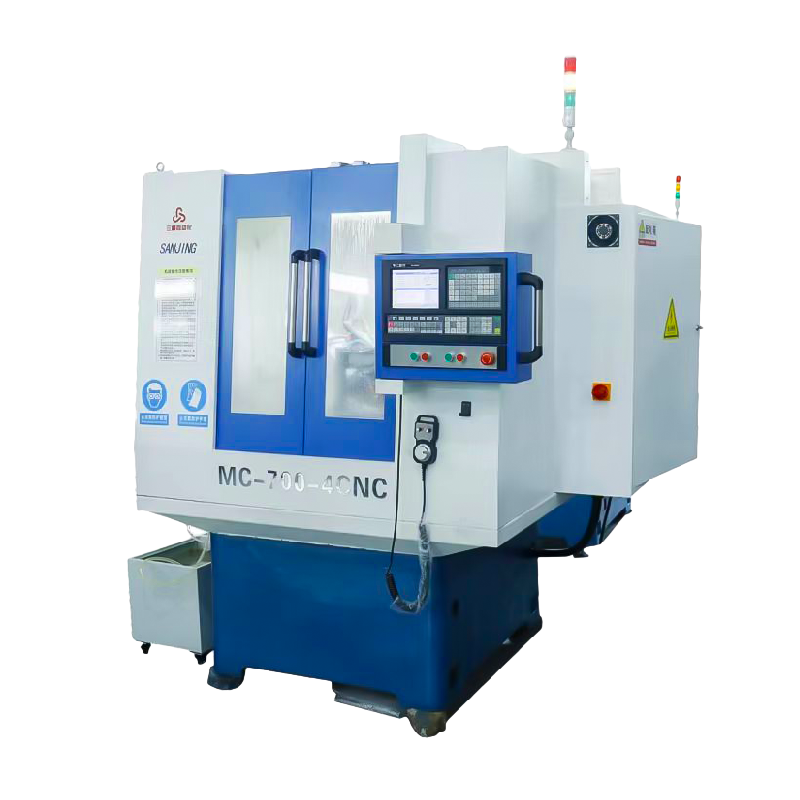Initial Investment and Capital Requirements
Building a custom milling machine requires a significant initial investment. The main capital costs include purchasing machinery, acquiring workspace, and training staff. The price of a basic three-axis milling machine ranges from $50,000 to $100,000, while a more sophisticated five-axis model can exceed $300,000. Additionally, the workspace must be adequately equipped to meet safety and operational standards, which can add another $10,000 to $50,000 to the total bill. Training costs will vary based on the level of expertise required, but can typically range between $1,000 and $5,000 per employee.
Equipment Specifications and Costs
The specifications and capabilities of a milling machine play a crucial role in its cost implications. Machines with higher precision and more axes, such as five or six-axis models, are more expensive but provide greater flexibility and efficiency. Each additional axis can increase the machine's cost by 20% to 50%. Moreover, the best manufacturers often offer machines with advanced features such as automated tool changers, which can increase productivity but also add to the cost.
Design Complexity and Its Financial Impact
The complexity of the parts the milling machine is designed to produce significantly influences the cost structure. Complex parts with intricate geometries and tight tolerances require advanced programming and extended machining times. For example, machining complex components with multi-step processes can increase costs by 15% to 40% compared to simpler designs.
Material Selection and Economic Considerations
Material choice is another pivotal factor affecting the cost of building a custom milling machine. High-end materials such as titanium or stainless steel can be 10 to 20 times more expensive than aluminum or plastic. The machinability of these materials affects tool wear and the time needed for processing, adding to both operational and maintenance costs.
Production Volume and Economies of Scale
The volume of parts produced affects the cost efficiency of a custom milling machine. Higher production volumes allow for the cost of tooling and setup to be spread over a larger number of units, reducing the cost per part. For example, producing a batch of 10,000 parts can reduce the per-part cost by as much as 50% compared to a batch of 1,000.
Labor and Operational Costs
While CNC machines reduce manual intervention, labor costs remain a significant expenditure. Skilled operators are necessary for setup, programming, and supervision. In the U.S., a CNC operator earns an average hourly wage of $20 to $25. For custom milling, additional costs may include hiring a specialized CNC programmer at rates ranging from $30 to $50 per hour.
Tooling, Setup, and Maintenance Expenses
Initial tooling and setup costs can be substantial. Tooling for a custom milling machine can range from $50 to $1,000 depending on complexity. Regular maintenance is crucial for machine longevity and performance, and can account for 5% to 10% of annual operating costs.
Turnaround Time and Delivery Costs
Quick turnaround times can incur higher costs. For example, express delivery of parts can increase the project cost by 10% to 25%. Proper scheduling and efficient supply chain management can mitigate these expenses.
Compliance, Quality Control, and Certification Costs
Compliance with industry standards, especially in sectors like aerospace or medical devices, is essential and can significantly add to costs due to rigorous quality control procedures. Certification processes can increase costs by 5% to 15%, but ensure the product meets high-quality standards.
Long-term Investment and Return on Investment (ROI)
Despite high initial and operational costs, a custom milling machine can offer considerable long-term benefits. Users can expect an ROI within two to five years, depending on production volumes and market demand. Properly maintained, these machines have a lifespan of 10 to 15 years, offering a sustained competitive edge.
Boyue Provide Solutions
Boyue specializes in offering cost-effective solutions for custom milling projects. We help factories and manufacturers reduce costs by optimizing design, selecting the best materials, and leveraging economies of scale. Our expertise extends across various industries, ensuring compliance with stringent quality standards while maintaining efficient production processes. Partnering with Boyue means a strategic approach to milling that aligns with your budget and operational goals.

Post time: 2025-10-04 14:08:04


